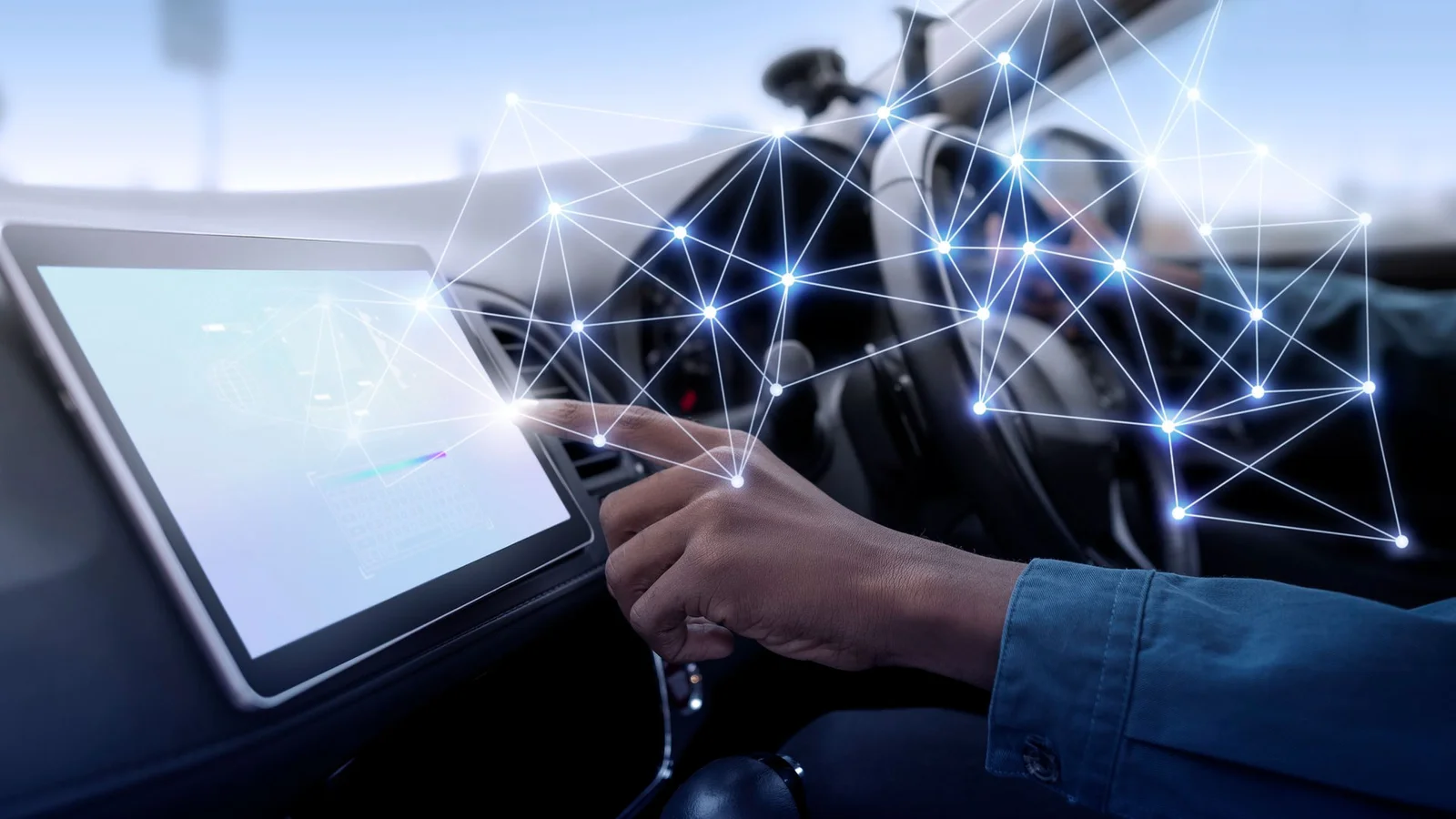The logistics and distribution industry is undergoing a major transformation as automation technologies advance at an unprecedented rate. In 2025, the convergence of digital innovation and intelligent infrastructure is reshaping how goods are stored, transported, and delivered. Businesses across the globe are adopting emerging tools to boost efficiency, minimize errors, and respond to increasing consumer demands. Understanding these innovations is crucial to staying competitive in a rapidly evolving market.
Emerging Importance of Automation in Logistics
Automation is no longer a future concept but a present necessity in the logistics sector. Businesses are leveraging data and intelligent systems to optimize processes and enhance customer experience. The increasing complexity of supply chains and demand for faster delivery has made automation a vital pillar of operational strategy.
AI and Machine Learning Optimizing Supply Chains
Artificial Intelligence and machine learning are playing pivotal roles in demand forecasting, route planning, and inventory management. These technologies allow companies to predict fluctuations, reduce delays, and automatically adjust operations based on real-time inputs, leading to smarter supply chains.
Role of Robotics in Warehousing and Fulfillment
Robotic systems are revolutionizing warehouse operations by handling repetitive tasks like picking, packing, and sorting. These intelligent machines not only reduce labor costs but also significantly increase accuracy and throughput, enabling 24/7 operations in fulfillment centers.
IoT Enhancing Real-Time Visibility
The Internet of Things brings end-to-end visibility across the logistics network. Sensors embedded in vehicles, pallets, and products provide live data on location, temperature, and condition. This transparency enables proactive decision-making and reduces risks associated with inventory mismanagement.
Autonomous Vehicles and Drones for Smart Deliveries
Self-driving trucks and drones are redefining last-mile delivery strategies. These autonomous systems ensure timely deliveries with minimal human intervention, cutting transportation costs and improving delivery reliability, especially in urban and remote locations.
Blockchain Securing Transparent Logistics
Blockchain technology ensures secure and transparent data exchange across all stakeholders in the supply chain. It creates immutable records of transactions, which helps prevent fraud, simplifies audits, and builds trust among partners and customers.
Cloud Platforms for Integrated Logistics Management
Cloud-based logistics platforms allow companies to manage operations, monitor performance, and collaborate with partners from a centralized interface. These solutions integrate data from multiple sources, supporting informed and agile decision-making.
Sustainability Through Green Tech Automation
Sustainability is becoming a core focus in logistics, and automation is supporting greener practices. Electric vehicles, energy-efficient warehouses, and intelligent energy management systems reduce carbon footprints while maintaining operational excellence.
The Future Landscape of Automated Logistics
The future of logistics lies in fully interconnected, self-optimizing systems. From predictive analytics to AI-powered delivery ecosystems, the industry is moving towards zero-touch logistics where machines coordinate end-to-end processes autonomously and reliably.
For more info: https://bi-journal.com/automation-in-logistics-top-technologies-2025/
Conclusion
Automation technologies are fundamentally reshaping logistics and distribution by driving efficiency, reducing costs, and enhancing accuracy. As companies continue to adopt advanced tools, staying informed about these innovations is essential. The technologies highlighted above are not just trends—they represent the new operational standard in a data-driven, fast-paced global supply chain.

